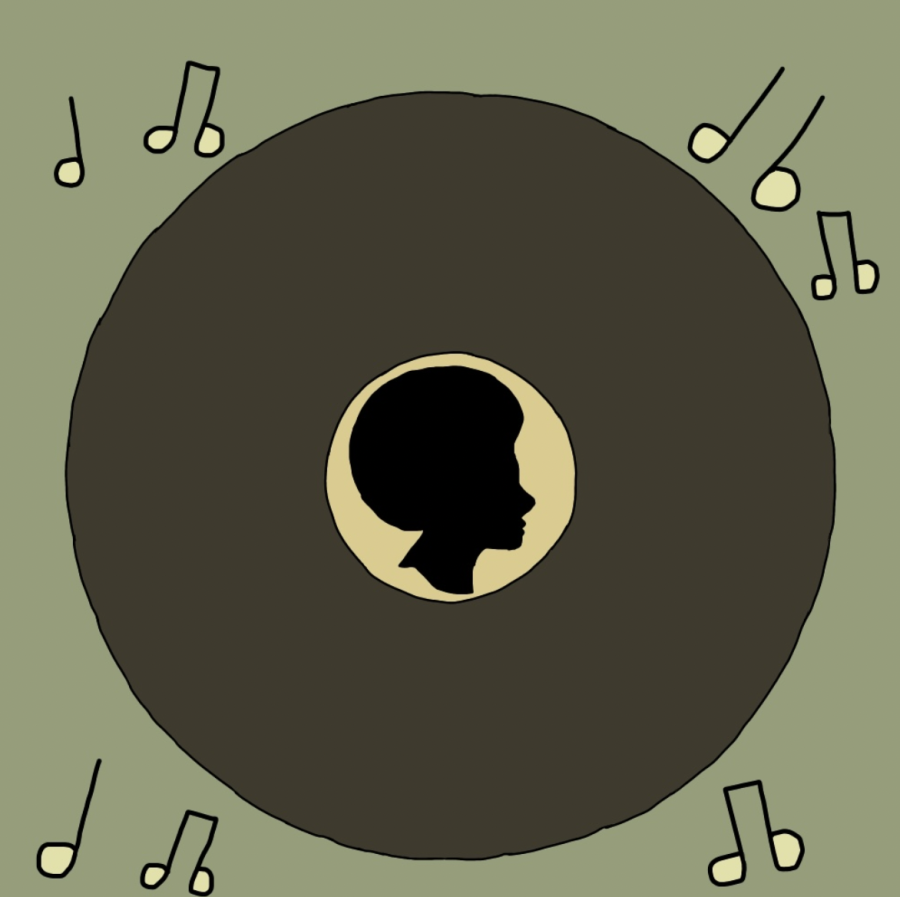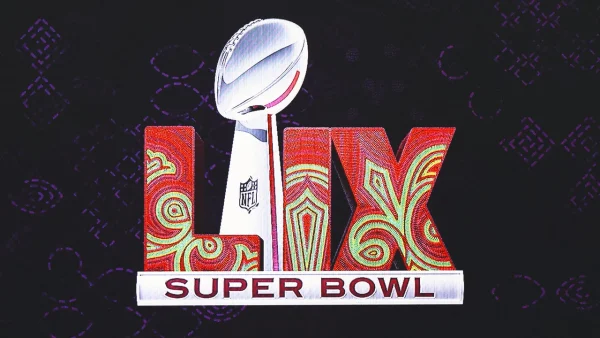American Music Is Black Music
Whether people realize it or not, Black people’s musical presence is embedded everywhere in American modern music. From blues to R&B, to rap, Black musicians have influenced nearly every major music genre, including the ones that are dominated by non–Black individuals like country, rock, and even K–pop.
Yet Black people continue to be under-recognized for their impact in not only the music industry but throughout entertainment. For example, many critics and performers have attacked award shows like The Grammys and The Golden Globes for snubbing Black entertainers and their lack of African–American nominees. People are repeatedly upset about how meaningful and well–made shows and songs by Black artists lose or don’t get nominated in comparison to lesser-known or less impactful white shows and songs. It is evident that America is known for having a huge tendency to love and indulge in black culture and their participation in the entertainment industry, but don’t care about the inclusion of Black entertainers.
So many non–black artists have made and built millions off the backs of Black musicians who receive little to no credit for their influences on music. The truth is that without Black people modern American music would not exist. But because of their status in a white-dominating industry, their efforts continue to be underrepresented. The only time black artists’ efforts are acknowledged is when they are presented in urban categories – meaning genres like rap, hip–hop, or R&B. There’s a downside to this societal idea to immediately associate Black artists with these categories because it belittles Black people’s influence in categories outside of these. Therefore, here is a list of popular genres that many people don’t know that Black people have either created or had a huge influence on.
Country
When people think of country music they think of singers like Garth Brooks or Carrie Underwood, or just in general, white people. Black people who produce country music are hardly acknowledged because of their skin color. For instance, when Lil Nas X came out with his song “Old Town Road” many country radio stations refused to play it and it was even denied by Billboard to be recognized as a country song despite topping the country music charts. This is ironic, considering that Black people played a part in creating the country genre, starting with bluegrass.
Bluegrass music used acoustic string instruments to produce its sound, and the banjo particularly concerns the country genre. This instrument is actually a West African instrument that slaves brought to America and it was used in the South as slave music. Slaves were forced to use the banjo to perform for white people. Then out of interest, white people made their slaves teach them how to play the banjo, and the instrument was spread and appropriated by the white audience to create hillbilly music, later rebranded as country music through minstrel performances.
In minstrel performances, white people would play the banjo and other string instruments while displaying satirical acts of African–Americans, combining instrumental music and spirituals which essentially was hillbilly music. Spirituals were songs influenced by African traditions that slaves would sing to pass time during work or to send each other encrypted messages.
But Black people’s influence doesn’t only stop there in country music. Many popular white country artists benefited and were taught directly from Black individuals. Hank Williams was taught by Rufus Payne and Johnny Cash was mentored by Gus Cannon when he was younger. These artists boosted their abilities by learning the culture and stylistic techniques of Black people, and incorporating that in their own music without giving them any recognition.
Rock ‘N Roll
Rock and roll was heavily influenced by black musicians and black music like gospels, jazz, blues, and even country music.
In the end, rock and roll started from Deep South rhythm and blues. Artists like Chuck Berry and Sister Rosetta Tharpe were dominating black radio stations with their own interpretation of rock and roll. White people took note of how younger white individuals were starting to listen to black radio stations and jukeboxes more and more. Popularity was growing with their music which angered many white parents who didn’t want their children listening to Black people’s music. White Americans had to find a way to display rock and roll without its foundation, Black people, for it to go mainstream among white people. So instead, they had white singers be the face of black voices.
America found artists like Elvis Presley to incorporate a similar voice and energy that black musicians and music gave, for rock and roll to go mainstream and appeal to a white audience. Many of Elvis’s classic songs were just covers of Black singers like Jesse Stone’s “Money Honey” and Big Mama Thornton’s “Hound Dog.” Otis Blackwell is a black man who even wrote many of Elvis’s biggest hits.
Rock and roll was rebranded as a white genre, and therefore the black origins, contributions, and artists who helped start and influence the genre were diminished and replaced with white musicians.
Techno
Techno music is a form of European electronic dance music that is popular among mostly white fans but originated from the suburbs of Detroit. Juan Atkins, Derrick May, and Kevin Saunderson were three black men who created the Belleville Three and are considered to be the creators of Detroit techno. They blended technology and instruments to create an influential musical movement. Juan Atkins alone has also been named as the father of techno after the birth of his 1985 song, “No UFO’s,” which is considered the first real techno song. After originating in Detroit techno traveled to Europe where it became popular, and the crowd became more white-dominating.
Knowing where black influences and origins are in different music genres is important because America takes pride in black culture while continuing to diminish Black peoples well beings. Black humanity is constantly shamed as we’ve seen with people going against the Black Lives Matter movement, yet those same people will go home and listen to Black artists like Kanye West or Whitney Houston. It’s an ironic, and contradictory way of life that is being forced on black individuals, and refusing to acknowledge black contributions in America only continues to silence black voices and their culture.
If you, like many, were not aware of the historical background of Americas music hopefully this discussion has enlightened you about Black musicians and their influence in the music we listen to today.







